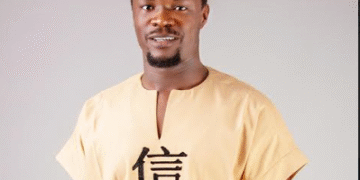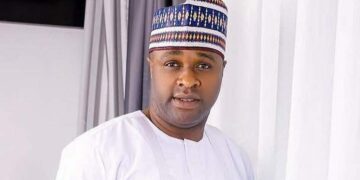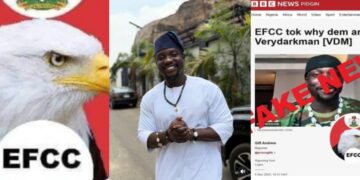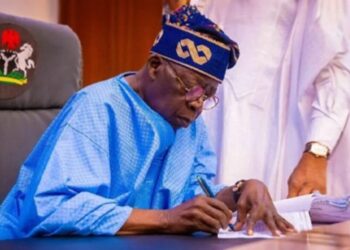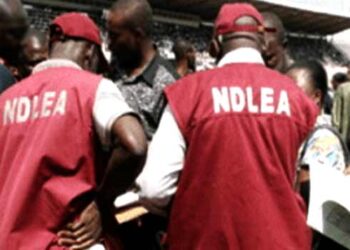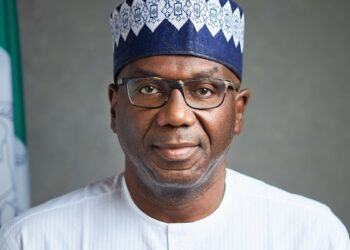The Federal Government of Nigeria and the World Bank have entered into a renewed partnership aimed at reducing poverty and improving living standards for vulnerable populations across the country.
This major collaboration will see the World Bank commit over $17 billion towards various social investment and poverty alleviation programmes, according to Ousmane Diagana, the Bank’s Regional Vice President for Western and Central Africa.
Diagana made this announcement during a meeting in Abuja with Minister of Humanitarian Affairs and Poverty Reduction, Prof Yilwatda Nentawe, and his Minister of State, Dr. Yusuf Sununu.
“This partnership is part of a strategy to help Nigeria move forward as a developing country by improving job creation and quality services for its people,” Diagana said.
Digital Identity for Cash Transfer Beneficiaries
Prof. Nentawe also revealed that all beneficiaries of the government’s Conditional Cash Transfer scheme would receive a digital identity, enhancing both social and financial inclusion.
“This digital identity ensures that hundreds of thousands of Nigerians—previously excluded from formal systems—can now be traced and supported within both social and financial structures,” he explained.
IMPI Counters Ndume’s Claims on Loans
Meanwhile, the Independent Media and Policy Initiative (IMPI) has refuted recent criticisms made by Senator Mohammed Ndume regarding Nigeria’s debt profile and its growing reliance on World Bank loans.
Ndume had alleged that the Tinubu-led administration was accumulating loans without sufficient oversight. However, IMPI described this as a “deliberate misrepresentation of facts.”
In a statement signed by Dr. Omoniyi Akinsiju, IMPI clarified that:
-
World Bank loans currently account for nearly 80% of Nigeria’s multilateral debt, which rose modestly by 5.5% from $21.15 billion in 2023 to $22.32 billion in 2024.
-
In contrast, Nigeria’s IMF debt dropped significantly, from $2.47 billion to $800.23 million—a 67.6% reduction.
-
The claim that $9.5 billion was secured in 2024 alone is inaccurate. Only $2.36 billion has been disbursed from six approved projects valued at $4.25 billion.
-
All World Bank-funded projects go through internal approvals (via IDA or IBRD) and also require National Assembly concurrence before disbursement.
“The data shows that the Tinubu administration is not recklessly borrowing but is strategically using credit to target critical sectors while reducing overall debt exposure,” IMPI stated.
The policy group urged public officials to ensure factual accuracy in their commentary and avoid misleading narratives that could derail meaningful development conversations.



![Viral House Party Video Sparks Conversation on Changing Social Norms Among Nigerian Mothers [Watch Video]](https://kumornews.com/wp-content/uploads/2026/02/Viral-House-Party-Video-Sparks-Conversation-on-Changing-Social-Norms-Among-Nigerian-Mothers-Watch-Video-1-360x180.jpg)


